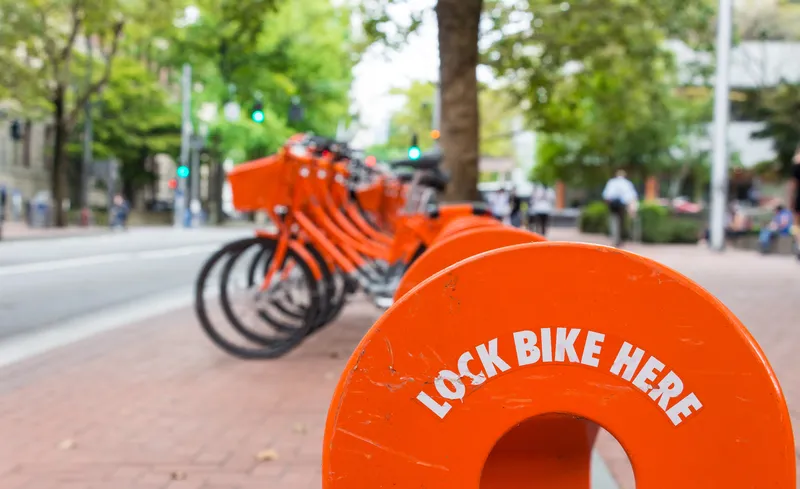The University of California, Berkeley Transportation Sustainability Research Center (TSRC) has released results from the first-ever study of one-way car-sharing in North America and its impact on mobility.
The researchers say the findings clearly illustrate that one-way car-sharing reduces the number of cars travelling on city roads and occupying parking spaces on city streets.
The study, which gathered data from nearly 9,500 North American car2go members residing in Calgary; San Diego; Seattle; Van
July 20, 2016
Read time: 2 mins
The University of California, Berkeley Transportation Sustainability Research Center (TSRC) has released results from the first-ever study of one-way car-sharing in North America and its impact on mobility.
The researchers say the findings clearly illustrate that one-way car-sharing reduces the number of cars travelling on city roads and occupying parking spaces on city streets.
The study, which gathered data from nearly 9,500 North American4190 car2go members residing in Calgary; San Diego; Seattle; Vancouver; and Washington, DC that between two per cent to five per cent of the car2go population sold a vehicle due to car2go across the study cities. In addition, another seven per cent to 10 per cent of respondents did not acquire a vehicle due to car2go.
The study also found that each car2go vehicle removes between seven to 11 vehicles from city roads (including sold and suppressed), while one to three private vehicles were sold across the five cities per car2go vehicle. In total, car2go took an estimated 28,000-plus vehicles off of the road and reduced parking demand.
Researchers found a six per cent to 16 per cent reduction in vehicle miles travelled (VMT) across the study population (an average of 11 per cent) and a four per cent to 18 per cent reduction in greenhouse gas (GHG) emissions across the study population (an average of 10 per cent).
Estimates suggest that car2go's one-way car-sharing service prevented between 10 and 29 million VMT per year per city, depending on assumptions of suppressed mileage, which in turn removed between 5.5 to 12.7 metric tons of GHG emissions per car2go vehicle annually (on average).
The average age of vehicles car2go members reported selling averaged 14.4 years across all the cities, thus helping to remove more polluting vehicles with older emission systems from city streets.
The researchers say the findings clearly illustrate that one-way car-sharing reduces the number of cars travelling on city roads and occupying parking spaces on city streets.
The study, which gathered data from nearly 9,500 North American
The study also found that each car2go vehicle removes between seven to 11 vehicles from city roads (including sold and suppressed), while one to three private vehicles were sold across the five cities per car2go vehicle. In total, car2go took an estimated 28,000-plus vehicles off of the road and reduced parking demand.
Researchers found a six per cent to 16 per cent reduction in vehicle miles travelled (VMT) across the study population (an average of 11 per cent) and a four per cent to 18 per cent reduction in greenhouse gas (GHG) emissions across the study population (an average of 10 per cent).
Estimates suggest that car2go's one-way car-sharing service prevented between 10 and 29 million VMT per year per city, depending on assumptions of suppressed mileage, which in turn removed between 5.5 to 12.7 metric tons of GHG emissions per car2go vehicle annually (on average).
The average age of vehicles car2go members reported selling averaged 14.4 years across all the cities, thus helping to remove more polluting vehicles with older emission systems from city streets.








